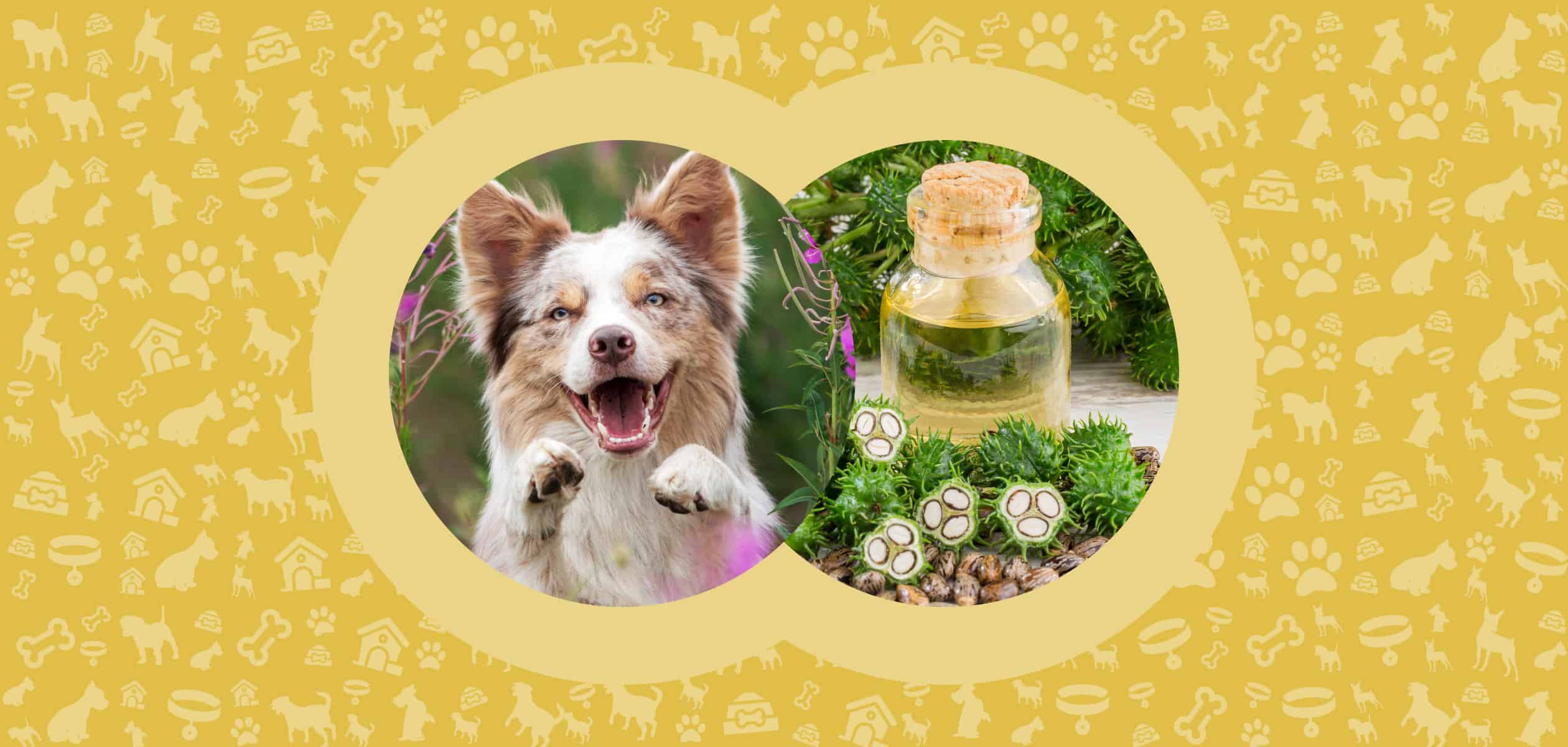Introduction
Yes, dogs can eat tahini. Tahini is rich in healthy nutrients, easy to make at home, and has a distinct nutty flavor. Tahini is a much better option than regular sesame seeds as it is easier to digest.
Tahini is simply a sesame seed paste that is used as a staple in Mediterranean and Middle Eastern cuisine. However, when it comes to dogs, tahini is an occasional treat as dogs are carnivores and thrive on meat-based diets.
Why is Tahini Good for Dogs?
Tahini is easily digestible and packed with health-boosting ingredients. Dogs love its taste and texture. Here is a more in-depth analysis of the reasons tahini is good for dogs.

Protein Source
It may sound unusual, but sesame seeds (and therefore tahini) are quite rich in proteins. Obviously, animal-based proteins are more important for dogs. However, any protein boost is welcome and beneficial.
Rich in Fatty Acids
Tahini contains fatty acids, which are health-boosting as a nutrient. They are linked with several advantages – from boosted cardiovascular function to shinier coats and healthier skin.
Vitamin B1
Vitamin B1 (thiamine) is an essential vitamin found in several human foods. It boosts the dog’s brain function as it modulates and regulates carbohydrate metabolism.
Calcium, Manganese, and Copper
Tahini contains minerals such as calcium, manganese, and copper. Calcium promotes strong teeth and bones. Manganese helps regulate metabolic processes. Cooper boosts the production of red blood cells.
Sesamin and Sesamolin
The tahini’s main ingredient, sesame, contains sesamin and sesamolin. In humans, it has been shown that they can lower blood pressure and blood cholesterol. We assume that the same mechanism applies to dogs.
Gluten-Free
Tahini is a gluten-free food which is great news for pups with gluten allergies and sensitivities. Tahini is also vegan and considered to be a healthy superfood.
Can Tahini be Bad for Dogs?
Yes, tahini can be bad for dogs. If used as a staple instead of an occasional addition to the menu, tahini can be unhealthy to dogs. It can also upset the dog’s stomach when prepared incorrectly.
In fact, all human foods can be hazardous if misused. So, before adding tahini to your dog’s menu, consider the possible risks. Here is a detailed review of the reasons tahini can be bad for dogs.
Stomach Upset
Give your dog too much of any human food, and you can expect a stomach upset. Sadly, tahini is no exception. Stomach upset episodes in dogs manifest with vomiting, diarrhea, abdominal pain, loss of appetite, and lethargy.
Calorie-Dense Food
Tahini is loaded with calories – it has almost 100 kcal in one tablespoon. This may not be an issue in physically active dogs, but for pups with sedentary lifestyles, the excess intake is troublesome.
Weight-Gain and Obesity
The mentioned calories lead to weight gain and obesity. Obesity is a risk factor for several conditions. It also aggravates pre-existing issues and may lower the dog’s overall quality of life.
Too Much Salt
Salt is a tricky nutrient – healthy in tiny amounts but dangerous in more substantial ones. Store-bought tahini is usually too high in salt, which is a problem, especially for dogs with kidney problems.
Sesame Seeds Allergies
Last but not least, sesame allergies are a thing. Although not particularly common, sesame allergies are possible in dogs just like they are in humans. A dog with a sesame seed allergy will experience stomach upset when fed tahini.

How Much Tahini Can my Dog Eat?
As mentioned, tahini is an occasional menu addition – it is not a staple and not a meal substitute. Therefore, it needs to be used in small amounts. Practically speaking, a medium-sized dog can eat half a teaspoon of tahini per serving.
In terms of serving frequency, once a week is enough. Obviously, smaller dogs need to be served smaller portions, and larger dogs can be given a little bit more than half a tablespoon.
If tahini is a new addition to the menu, do not give the entire portion. Instead, start small and gradually work your way up. Also, do not give tahini to puppies less than 10 to 12 months of age.
How to Prepare and Serve Tahini for Your Dog?
Tahini can be store-bought or homemade. When using tahini as part of your dog’s diet, it is best advised to make it at home. You can use either hulled or unhulled and sprouted sesame seeds.
Tahini made with unhulled sesame seeds is bitter and has a rougher texture. On the other hand, if using hulled seeds, we suggest toasting them. Either way, the process is simple – just mix the seeds with a little bit of extra virgin olive oil or coconut oil and grind them in a food processor until smooth.
The traditional recipe includes salt as the third ingredient. However, when cooking for your dog, you should skip on the salt. You can also modify the texture of the tahini based on your dog’s preferences.
With the tahini prepared, you can serve it or store it in the refrigerator in an air-tight container. As for serving, you can add it on top of kibble or mix it with homemade meals.
Summary
All in all, tahini is a dog-friendly food. However, same as all human foods for dogs, it must be used cautiously – properly prepared, in small amounts, and on occasions.
Tahini is a good food choice for dogs as it offers all of the nutritional benefits of sesame seeds while avoiding the digestion issues associated with seeds in general.
With that being said, do not forget that dogs are carnivores meaning they need meat, protein, and a nutritionally rich and balanced diet.
Sources
- My pet has kidney disease – what kind of diet should I feed?, Dr. Lisa M. Freeman, Dr. Deborah E., 2016
- How Fatty Acids Can be Healthy for Your Dog, Hillspet, 2021
- Thiamine Deficiency in Dogs, National Animal Supplement Council, 2015
- Dog Has an Upset Stomach? 5 Home Remedies to Help, Kathy Conner, 2021







Leave a Comment